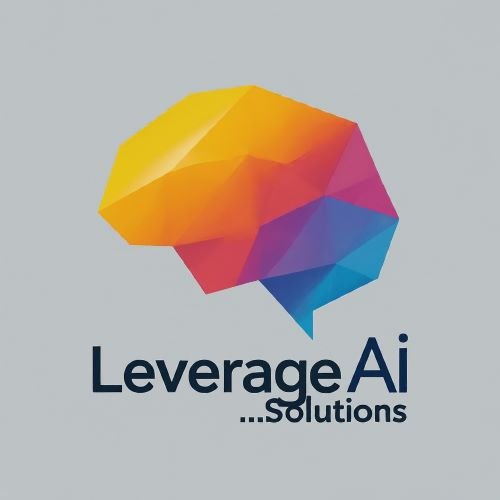Analysis of Generic Generative AI in the Context of Therapy and Psychotherapeutic Advice
Forbes
Examination of the Role of Generative AI in Therapy and Psychotherapeutic Guidance
The emergence of generative artificial intelligence (AI) has sparked significant debates regarding its application in therapy and psychotherapeutic settings. As AI technologies rapidly evolve, understanding their potential role in mental health support becomes crucial. This article delves into the implications of using generative AI for therapeutic purposes, exploring both its advantages and limitations.
The Promise of Generative AI in Therapy
Generative AI can produce human-like text based on prompts, which can offer a unique avenue for mental health support. For instance, AI-driven chatbots can engage users in conversations that simulate therapeutic dialogue, providing immediate responses and resources. This accessibility can be particularly beneficial for individuals who may not have immediate access to traditional therapy, whether due to geographical constraints or financial limitations.
Additionally, generative AI can assist in creating personalized mental health resources, such as guided meditations, coping strategies, and self-help content tailored to individual needs. By analyzing user input, these systems can provide relevant suggestions and support, potentially enhancing the user’s mental wellness journey.
Ethical Considerations and Limitations
Despite the potential benefits, using generative AI in mental health care raises ethical concerns. One major issue is the lack of human empathy and emotional intelligence in AI-driven interactions. While AI can simulate conversation, it lacks the nuanced understanding and compassion that a trained therapist provides. This limitation can lead to misunderstandings and may not adequately address complex emotional needs.
Moreover, there are concerns about data privacy and security. Users may share sensitive information with AI systems, raising questions about how this data is stored, used, and protected. Ensuring user confidentiality and compliance with regulations such as HIPAA (Health Insurance Portability and Accountability Act) is paramount.
Regulatory Framework and Future Directions
As the integration of generative AI into therapeutic contexts evolves, establishing a regulatory framework is essential. Clear guidelines must be developed to delineate the boundaries of AI’s role in mental health care. This includes distinguishing between AI-assisted tools and human therapy. Furthermore, ongoing research is necessary to evaluate the efficacy and safety of AI-driven interventions.
The future of generative AI in therapy could see hybrid models, where AI tools complement human therapists rather than replace them. For instance, therapists could use AI-generated insights to inform their practice, while still providing the empathetic care that clients need.
Conclusion
In conclusion, while generative AI holds promise for enhancing mental health support, it is critical to approach its application thoughtfully. Balancing innovation with ethical considerations will be key in ensuring that AI serves as a beneficial tool in therapeutic settings. As we navigate this evolving landscape, ongoing dialogue among technologists, mental health professionals, and policymakers will be essential to harness the potential of generative AI responsibly.
